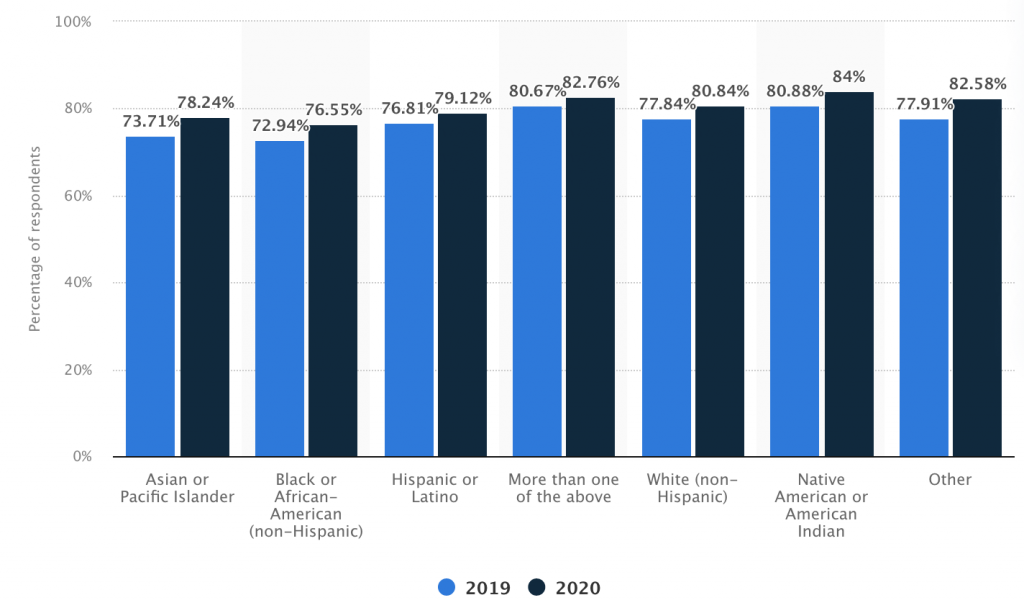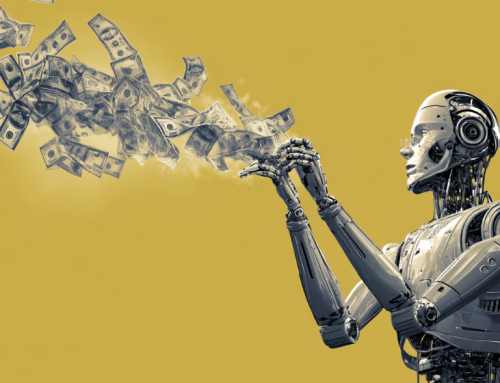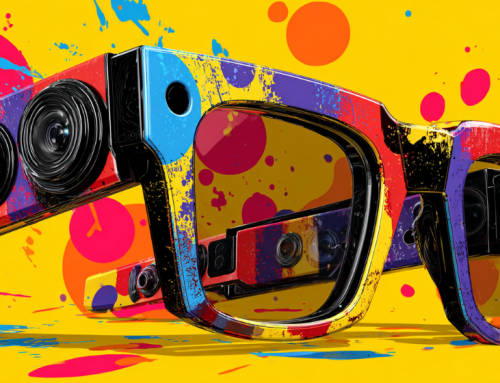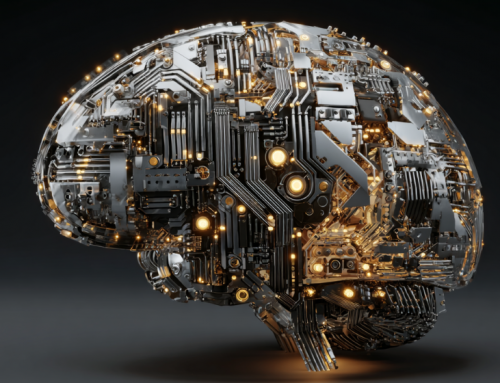
With mental health statistics pouring in, AI is playing a greater role in assisting patients.
Shortage of Workers in Mental Health Care Opens Door to Improved AI Resources
The pandemic exacerbated serious mental health issues among people of all ages worldwide. In the United States, researchers view the negative impact on teenage mental health as having the potential to create a generation of unhealthy adults.
In 2020, Johns Hopkins Medicine estimated that 26% of Americans ages 18 and older—about 1 in 4 adults—suffer from a diagnosable mental disorder in a given year. Many people suffer from more than one mental disorder at a given time. In particular, depressive illnesses tend to co-occur with substance abuse and anxiety disorders.
Author Dan Adler, a Ph.D. student at Cornell Tech, where he works in the People-Aware Computing Lab building technology to improve mental health and wellbeing, wrote for fastcompany.com about using AI to assist with the mental health crisis. While AI has been used for some time in this field, it still has a long way to go.
For years, AI has been touted as a potential game-changer for healthcare in the United States. Over a decade since the HITECH Act incentivized hospital systems to use electronic health records (EHR) for patient data management, there has been an explosion in the amount of healthcare data generated, stored, and available to drive insights and clinical decision-making. According to the fastcompany.com story:
“The motivation to integrate AI into mental health services has grown during the pandemic. The Kaiser Family Foundation reported an increase in adults experiencing symptoms of anxiety and depression, from 1 in 10 adults pre-pandemic to 4 in 10 adults in early 2021. Coupled with a national shortage of mental health professionals as well as limited opportunities for in-person mental health support, AI-powered tools could be used as an entry point to care by automatically and remotely measuring and intervening to reduce mental health symptoms.”
The use of chatbots and other AI have had mixed results with serious mental health patients., despite well-funded and well-intended efforts.
Improved AI Brings Hope
Adlers says some of the new ideas are coming from familiar names. Many mental health startups are integrating AI within their product offerings. Woebot Health developed a chatbot that delivers on-demand therapy to users through natural language processing (NLP). Spring Health leverages machine learning-powered by patients’ historical data to drive personalized treatment recommendations. Large technology companies are also beginning to dive into this space: Apple recently partnered with UCLA to develop algorithms that measure symptoms of depression using data collected on Apple devices.
One idea is about making these health care algorithms more adaptable to a cell phone platform. But studies show that this sometimes leads to burnout in the patient feeding the EHR the algorithm is using to interact.
There are several examples of less than stellar results with some AI used in mental health care. For example, Epic, one of the largest EHR software developers in the United States, deployed a sepsis prediction tool across hundreds of hospitals. Researchers found that the tool performed poorly across many of these hospital systems. A widely-used algorithm used to refer people to “high-risk care management” programs was less likely to refer black people than white people who were equally sick.
Adler goes deeper into why AI has failed and what is being developed to correct these past failures and create successful AI-driven mental health assistants. The numbers suggest we as a society will be overwhelmed with health care costs and legal costs if we don’t get a better handle on mental health issues in all 50 states.
read more at fastcompany.com







Leave A Comment